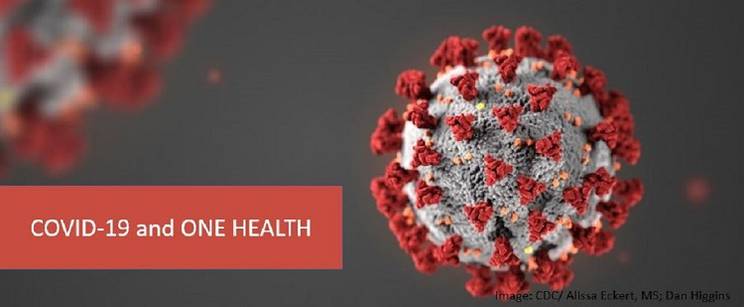Authors: Kaplan B, Seifman R In: IMPAKTER
Balancing the One Health Tripartite Equation
"WHO - We have all heard of the WHO, created in 1948 in its present form as a specialized agency of the United Nations, responsible for international public health…… its two-year budget for 2020-2021 is over $5.8 billion. WHO has a total staff….. of roughly 7,000 people.
FAO - FAO’s input is notable since this is a large United Nations technical agency with a substantial biennial budget (over $2.6 billion from assessed and voluntary contributions) and over 4,000 staff, tasked with a multifaceted mandate to lead international efforts to defeat hunger, improve nutrition, and food security, in short, a very diverse and challenging assignment.
OIE - Founded in 1924 to fight animal diseases at the global level, it (OIE) is an intergovernmental organization responsible for explicitly improving animal health worldwide. It is independent of the United Nations and has an annual assessed budget …………of approximately US $36 million … OIE staff is equally modest: approximately 120 people at its Paris headquarters and 15 staff in regional offices.”
We need to make better use of the OIE to enable it to fulfill its defined animal health mission, including unique contributions to One Health interdisciplinary collaborations and developmental research.





